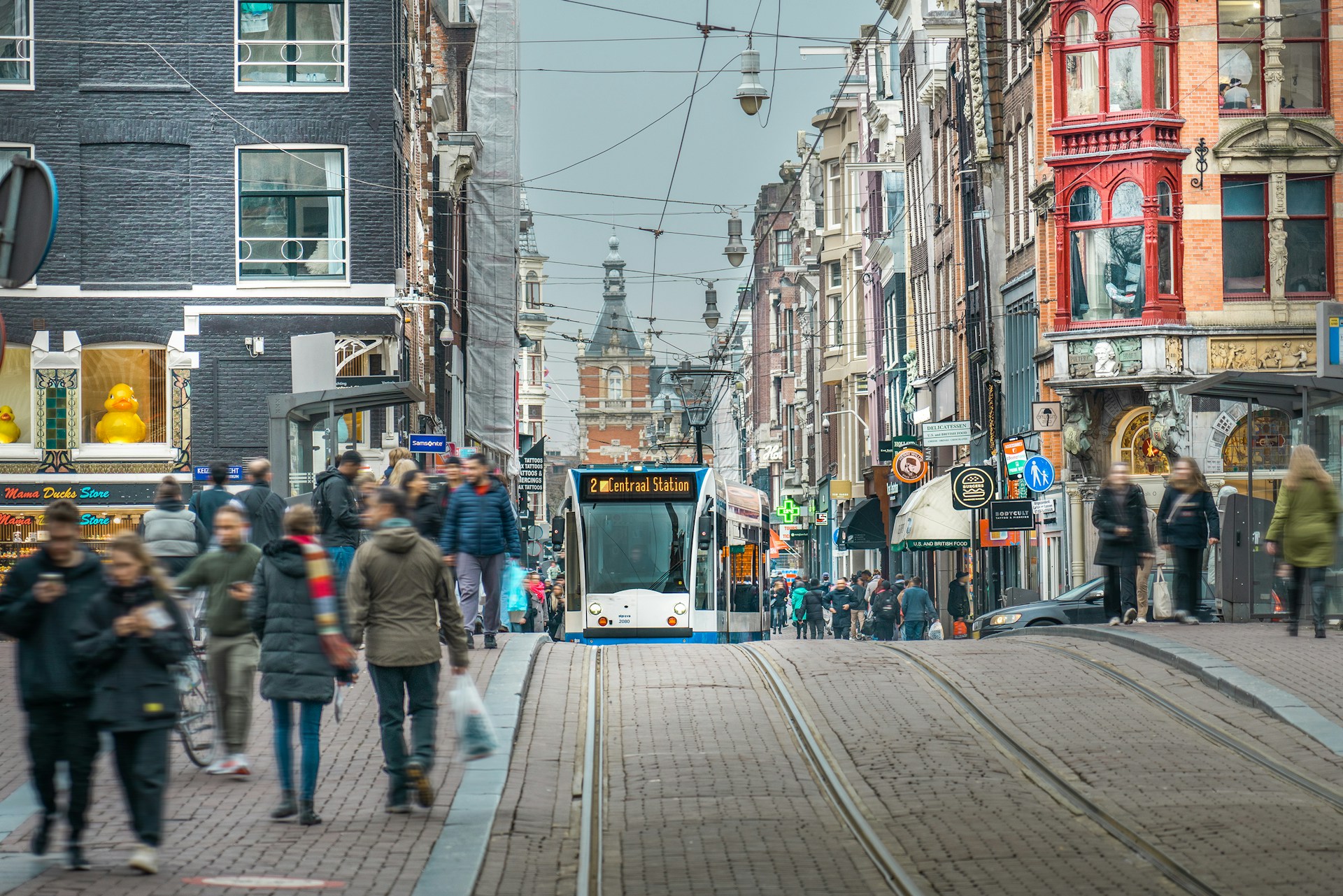Mass Migration and Low Birth Rates as Challenges for Europe’s Future
Croatians, and Europeans in general, are still unaware that issues of demography and migration are crucial for the future of the entire continent.
Since the 1960s, Europe has been a destination for migration from Africa and Asia. Initially, immigrants were treated as temporary laborers who would return to their home countries after their working periods ended. However, this return never happened, and the promoted policy of multiculturalism has failed. This has led to the creation of parallel societies and “no-go zones,” of which there are around 800 in France alone.
Capitalism and the Left: Unexpected Allies on Migration Issues
Large corporations, often under the pretense of labor shortages, play a significant role in promoting migration to Europe, seeing migrants as a source of cheap labor. This approach allows corporations to lower labor costs while ignoring the long-term social and demographic consequences for European societies. For the left, migrants serve as a voting base. Migration is justified by the media and the so-called leftist civil sector, which seeks to portray it solely as a humanitarian issue. It should also be remembered that some politicians from Muslim countries have predicted the future Islamization of Europe.
These policies have led to debates about the concept of the “great replacement” of the population, describing a process in which Europeans are gradually being replaced by foreigners. This process is linked to the ideological agendas of liberal elites who, on the one hand, promote mass migration while, on the other hand, neglect the low birth rate of the local population. Although the left-liberal establishment, fact-checkers, and even the European Parliament dismiss this theory as a “conspiracy theory,” some prominent demographers believe that Croatia has also become part of this process.
Migration is not just a humanitarian, cultural, and economic issue but also a security concern. In no-go zones, police and authorities have no control, which poses a security threat. Furthermore, these areas have almost completely lost their European identity. A classic example of the destruction of security is Sweden, which in recent years has become a destination for mass migration. Migration is also linked to the issue of terrorism, with research showing that an increasing number of terrorist attacks are carried out by individuals born and raised in Europe.
Migration and Demographic Decline: The Future of Europe as a Minority Community
Debates on migration to Europe in recent decades have often overlooked a key aspect: the religious affiliation of most immigrants from Africa and Asia. However, the presence of Islam in Europe cannot be ignored. A secularized Europe, devoid of values, could face serious problems if current demographic and immigration trends continue. The Islamization of Europe is not a myth but a reality happening before our eyes. The name Muhammad is already the most common among newborns in several EU countries. Those who warn of these trends quickly become targets of cancel culture and are labeled dangerous Islamophobes.
Research shows that in some of the most populous countries—Germany, France, Italy, and the UK—the native population will become a minority in 50 to 70 years if current immigration rates continue. A similar trend can be expected in Croatia if the strong immigration seen in recent years continues.
All of Europe has been a destination for mass migration up until 2015. The focus is often on illegal migration, but legal migration has a far more significant impact, fundamentally altering the identity of European nations and states.
Additionally, Africa’s population will grow from 1 billion to 4 billion by the end of the century, with nearly 50% of young Africans wanting to emigrate. It is easy to predict what will happen to Europe if current policies continue. Last year, European Commission Vice President for Democracy and Demography, Dubravka Šuica, stated that Europe should increase migration from Africa and other regions to address the demographic problems caused by the continent’s aging population.
No significant change in migration policies has occurred in recent years, despite shifts in rhetoric, suggesting that current policies will likely continue as long as the current political structures remain in power. Only a new sovereigntist wave in Europe, one that would completely reverse current policies, can guarantee a change in harmful migration policies that have already destroyed many parts of Europe in terms of security, identity, and culture.
Stopping Mass Migration: The Key to Preserving European Identity
Mass migration from Africa and Asia must be stopped to prevent the complete transformation of Europe’s identity. The assumption that a country’s population must remain stable or even increase is flawed. European nation-states include some of the most populous countries on the planet, and it is not clear that population growth will improve the quality of life in these countries.
Consider Japan, which also faces significant demographic deficits. Despite having an economy larger than any in Europe, Tokyo has prevented mass migration through very restrictive laws that discourage newcomers from staying in the country and make it difficult to obtain Japanese citizenship. Clearly, even modern, highly developed economies can avoid mass migration. Does anyone accuse Japan of pursuing a chauvinistic policy?
A major driver of mass immigration to Europe is the myth of Europe as a wealthy and tolerant destination that will accept everyone and allow them to realize their dreams. There is also a widespread perception of Europe’s generous social safety net, which is often seen as more beneficial than working in their home countries. This image needs to be changed.
The key issue is that Europe must reflect on why Europeans no longer want to have children and have given up on reproduction. The solution is not to import people from culturally incompatible countries but to encourage childbirth among the local population. Without addressing this issue, Europe has no future.
